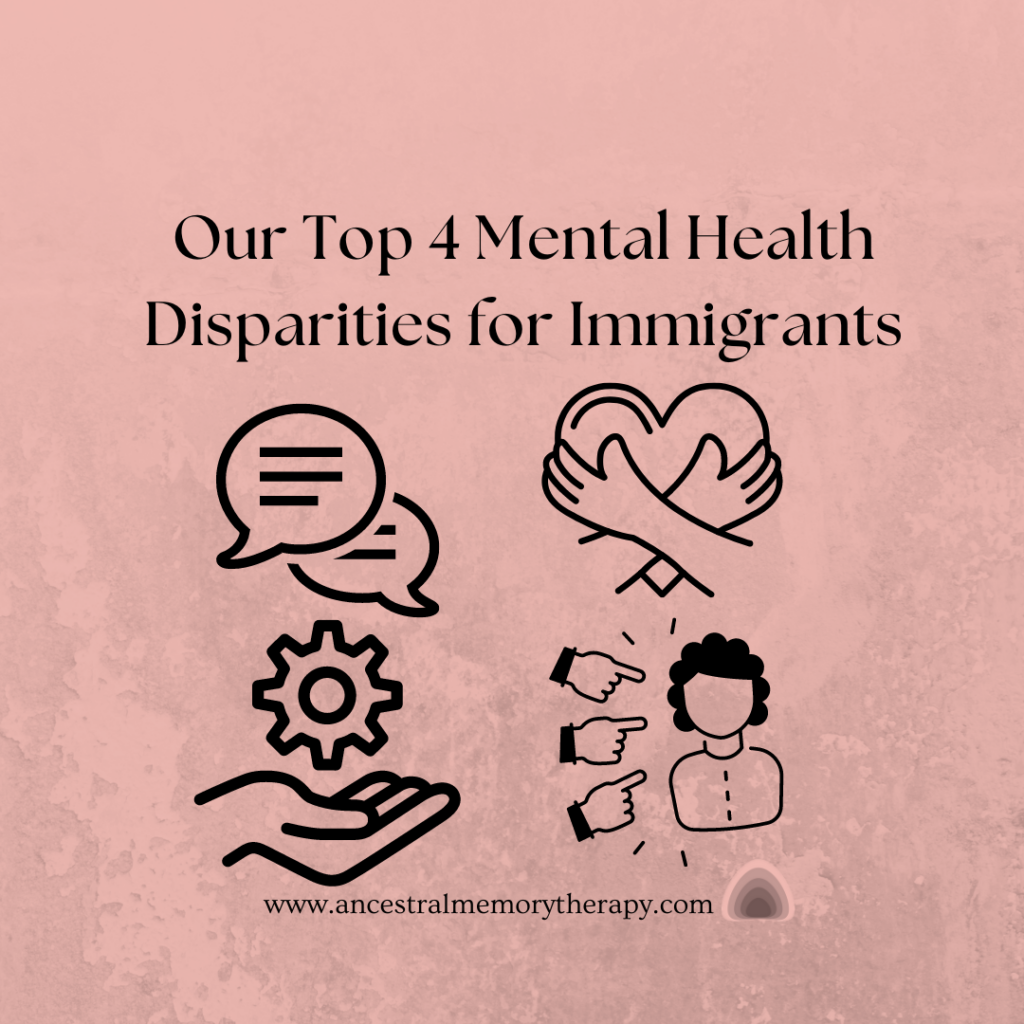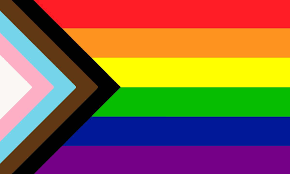In October, we celebrate and highlight the importance of World Mental Health Day. We raise awareness of mental health issues during the month, internationally and collectively. While the initial focus is on the many contrasts in mental health, we would like to discuss the disparities that present themselves for BIPOC immigrants and refugees.
Many obstacles come into play when treating BIPOC immigrants and refugees. How we think and behave after a life-altering occurrence can create a sense of vulnerability. It also opens up pathways to experiencing varying mental health issues like stress, anxiety, post-traumatic stress disorder (PTSD) and depression. Let’s take a look at a few of the stressors immigrants may face:
Communication
Language barriers can create confusion and frustration. It can also produce disruption, causing limitations in certain contexts like social exclusion, economic inequity and a lack of understanding. For example: filling out paperwork or communicating ailments to a physician. Cultural differences and barriers weigh heavily on social interaction and comprehension. This could hamper the immigrant’s ability to flourish in their new setting. Also, learning an entirely new language from a different language family other than their native tongue opens the door to other stressors. Effective communication is key to understanding one another. Without it, our social and individual perceptions would be lost.
Adapting to a new environment
Migration can pose many obstacles to overcome. Aside from communication barriers, adapting to a new and foreign environment can be difficult. Such a jolting experience can have a negative effect. A study by the Canadian Medical Association Journal (CMAJ) entitled Common Mental Health Problems in Immigrants and Refugees: General Approach in Primary Care sites:
“Strong evidence shows that some groups of migrants have an elevated incidence of psychotic disorders after migration.36–39 A recent meta-analysis found a mean weighted relative risk of schizophrenia among first-generation migrants of 2.7 (95% CI 2.3–3.2); even higher rates were found in the second generation.”
In this instance, the cause of these breaks is suggested to stem from racism and discrimination experienced in the immigrant’s new surroundings. Acclimating and shifting from one cultural system to another takes time. During this period, adapting could prove to be a difficult hurdle to overcome.
Acceptance and discrimination
Being a stranger on colonized land brings a host of social anxieties. Societal norms, religion, language and clothing can set immigrants apart from one country to another. Unfortunately, when settling in a new country, migrant acceptance is sometimes difficult to attain. Immigrants arrive for many reasons: to unite with their families, escape war-torn countries or for a fresh start. However, some settlers of Canada may look down upon an immigrant’s cultural differences and discriminate against them. The local’s perspective pushes back against the norms and cultural customs they are accustomed to. In turn, it also causes more strife and distress for immigrants.
Accessing services
Access to various services available to start a new life is essential.
As mentioned above, if a language barrier exists, it will make it all the more difficult to obtain the assistance needed. The one amenity that stands out is health services. Communication is at the core of providing services. What can be a source of frustration in a breakdown of interpretation can be seen as a lack of sensitivity and understanding of someone’s cultural needs. A study entitled Language Barriers in Mental Health Care: A Survey of Primary Care Practitioners from the Journal of Immigrant and Minority Health states:
“Many migrants do not speak the official language of their host country. This linguistic gap has been found to be an important contributor to disparities in access to services and health outcomes. This study examined primary care mental health practitioners’ experiences with linguistic diversity. 113 practitioners in Montreal completed a self-report survey assessing their experiences working with allophones. About 40 % of practitioners frequently encountered difficulties working in mental health with allophone clients. Few resources were available, and calling on an interpreter was the most common practice.”
The study shows that the linguistic gap can be challenging for immigrants without a common centre.
There are many more stressors and mental health issues that can arise for BIPOC immigrants. But these and more, are the countless reasons World Mental Health Day plays such a crucial role in society today. Mental health is a universal right. Your mind should always be tended to—not just for the month, but every day.
- Laurence J. Kirmayer, MD, Lavanya Narasiah, MD MSc, Marie Munoz et al. Common Mental Health Problems in Immigrants and Refugees: General Approach in Primary Care. Canadian Medical Association Journal (CMAJ), E959–E967 (2011). https://www.ncbi.nlm.nih.gov/pmc/articles/PMC3168672/
- Brisset, C., Leanza, Y., Rosenberg, E. et al. Language Barriers in Mental Health Care: A Survey of Primary Care Practitioners. J Immigrant Minority Health 16, 1238–1246 (2014). https://www.ncbi.nlm.nih.gov/pmc/articles/PMC3168672/




